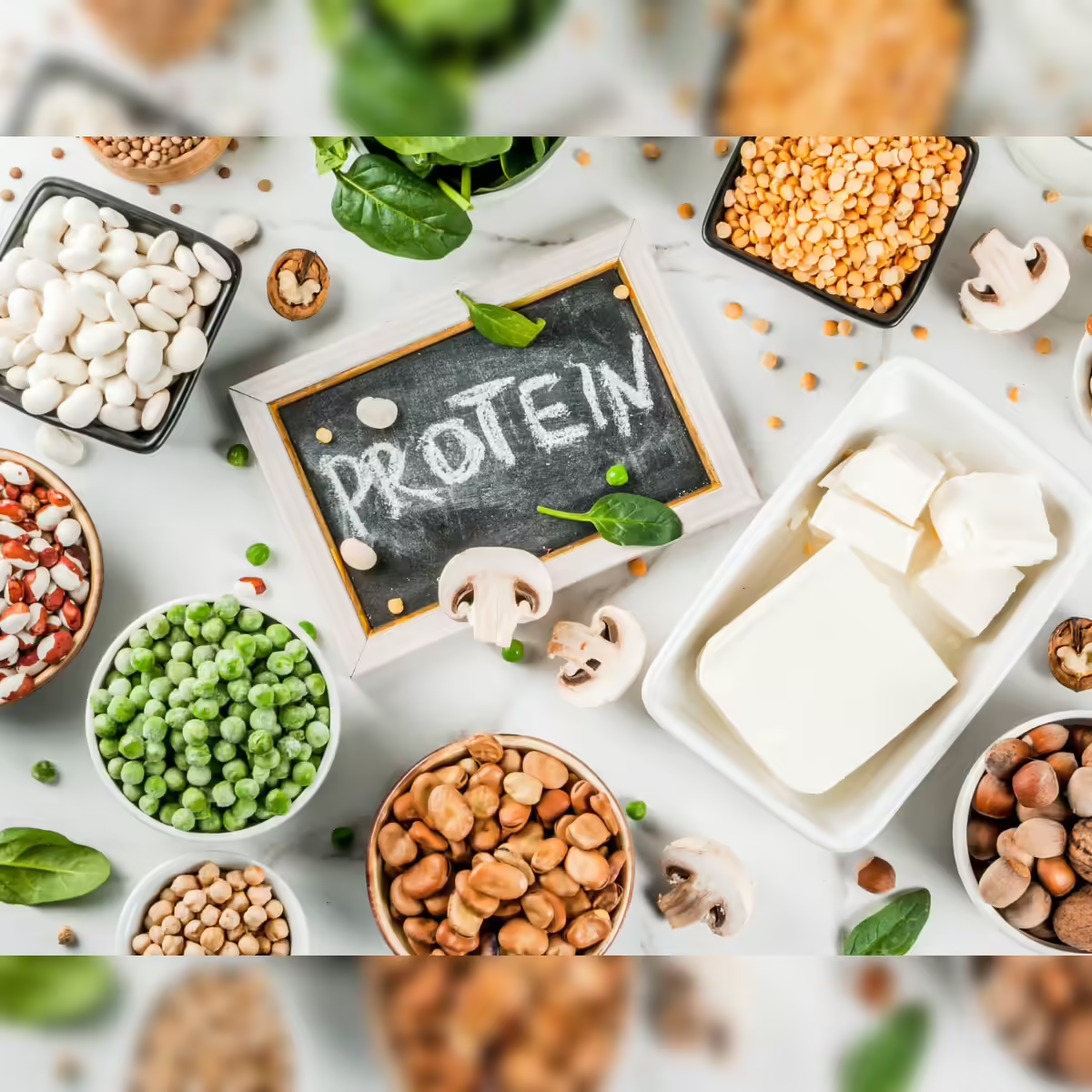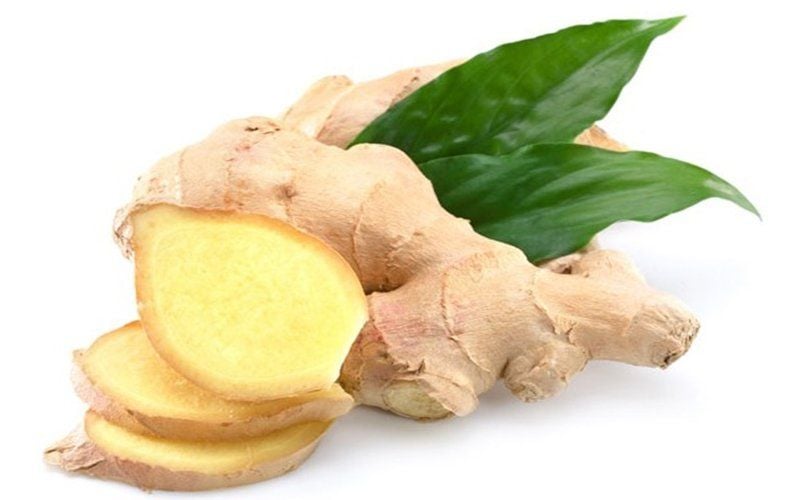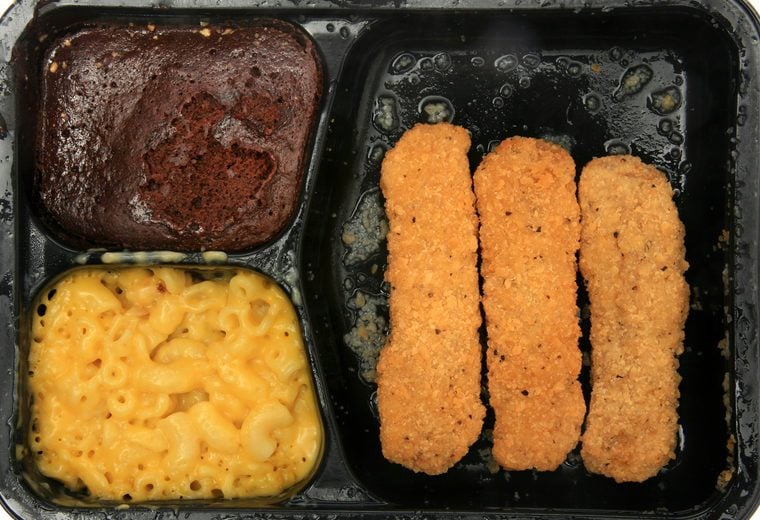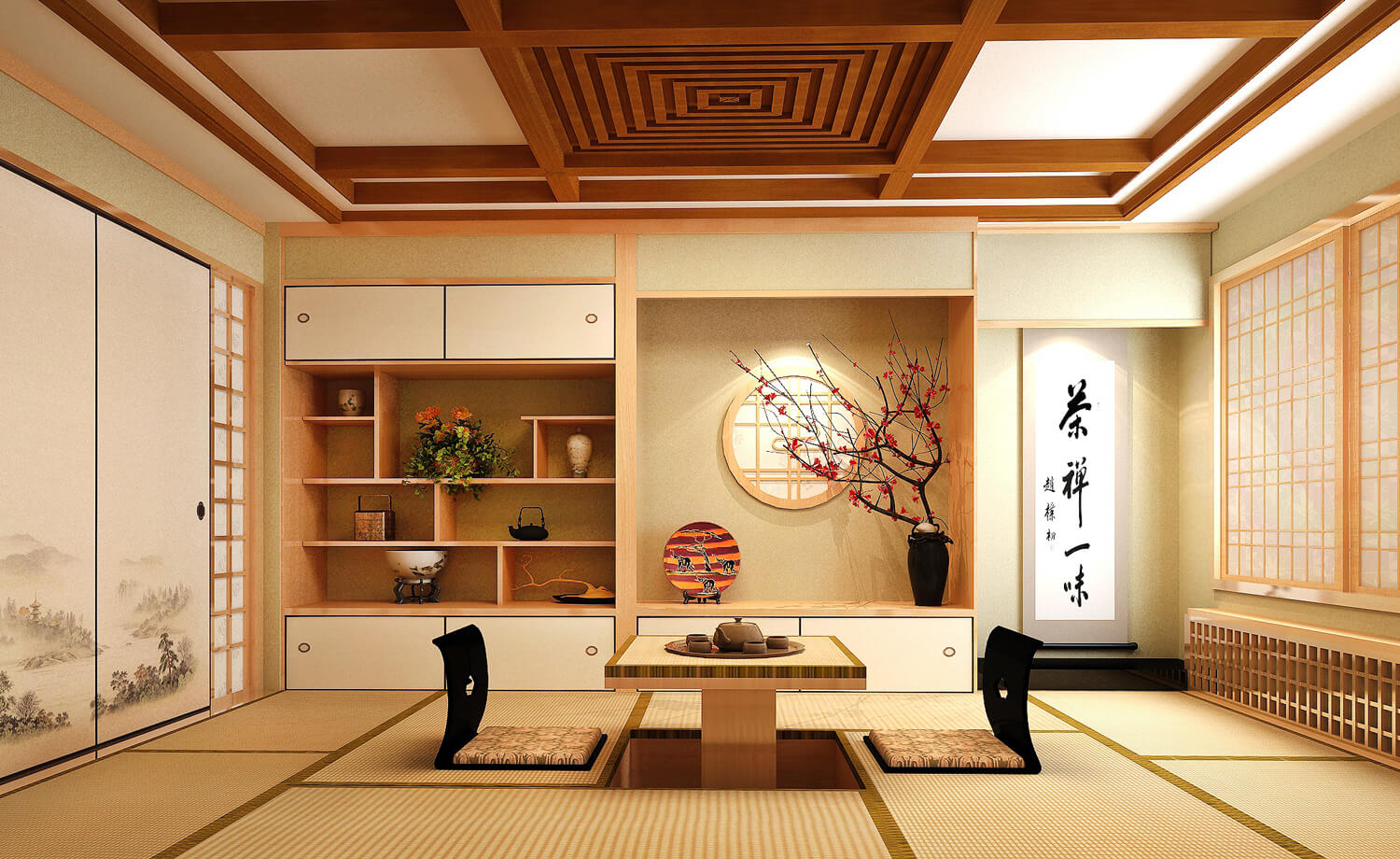Lifestyle
According to the ICMR, pressure cooking or boiling can enhance the nutritional value of pulses. Here's how to do it properly.


By Kajal Sharma - 07 Jun 2024 01:15 PM
Pulses are well known for their outstanding nutritional value, especially their high protein content. They are a mainstay in many Indian diets. On the other hand, poor handling and cooking techniques can greatly reduce these vital proteins' bioavailability.The Indian Council of Medical Research (ICMR) has released detailed guidelines on maintaining the protein balance in legumes so that people can benefit fully from eating pulses.In order to increase the nutritional value of pulses, it was suggested to boil them with enough water.When boiling, don't forget to add just the necessary amount of water. Throwing out the hot cooking water might result in the loss of B complex vitamins and vitamin C. Vitamins are also lost with prolonged boiling.Dal is a mainstay in nearly all Indian kitchens. It is inexpensive, readily available, and quickly transformed into a variety of meals. Its strong nutritional profile is what makes it more popular. There are enough macro and micronutrients in a bowl of dal to fuel your body from the inside out. It actually serves as a filling supper any time of day. However, did you know that dal may lose its nutrients if it is not cooked correctly? Yes, you read correctly. In their most recent advice for Indians, the Indian Council of Medical Research (ICMR) warned that overcooking dal could negate all of its health benefits.
The body also discussed how to cook dal properly to maximize its nutritional value. Now let's clarifyWhat Occurs If Dal Is Overcooked? Dal's quality, nutrition, and overall goodness are allegedly affected by prolonged boiling or cooking, according to the ICMR. Because longer boiling results in the loss of lysine, pulses lose some of their nutritional value. The instructions state, "Remember to add only the necessary amount of water during boiling."Four Adverse Reactions to Overcooking Dal: 1. Protein loss: Dal is rich in protein, which serves as the foundation for our general well-being. However, this only occurs when the protein content is unaltered. According to the leading medical authority, overcooking can alter the structural makeup of proteins, which would further lessen their total therapeutic value. 2. Destroy vitamins: B and C, two important vitamins found in Dal, are thought to be heat-sensitive. This indicates that prolonged boiling could degrade the pulses' overall quality and reduce their nutritional content. 3. Affects texture and flavor: It's common knowledge that properly cooked dal has the best flavor. However, overcooking it could render it extremely mushy and change the dish's texture as a whole. Moreover, elevated heat-induced alterations in nutrient structure
























